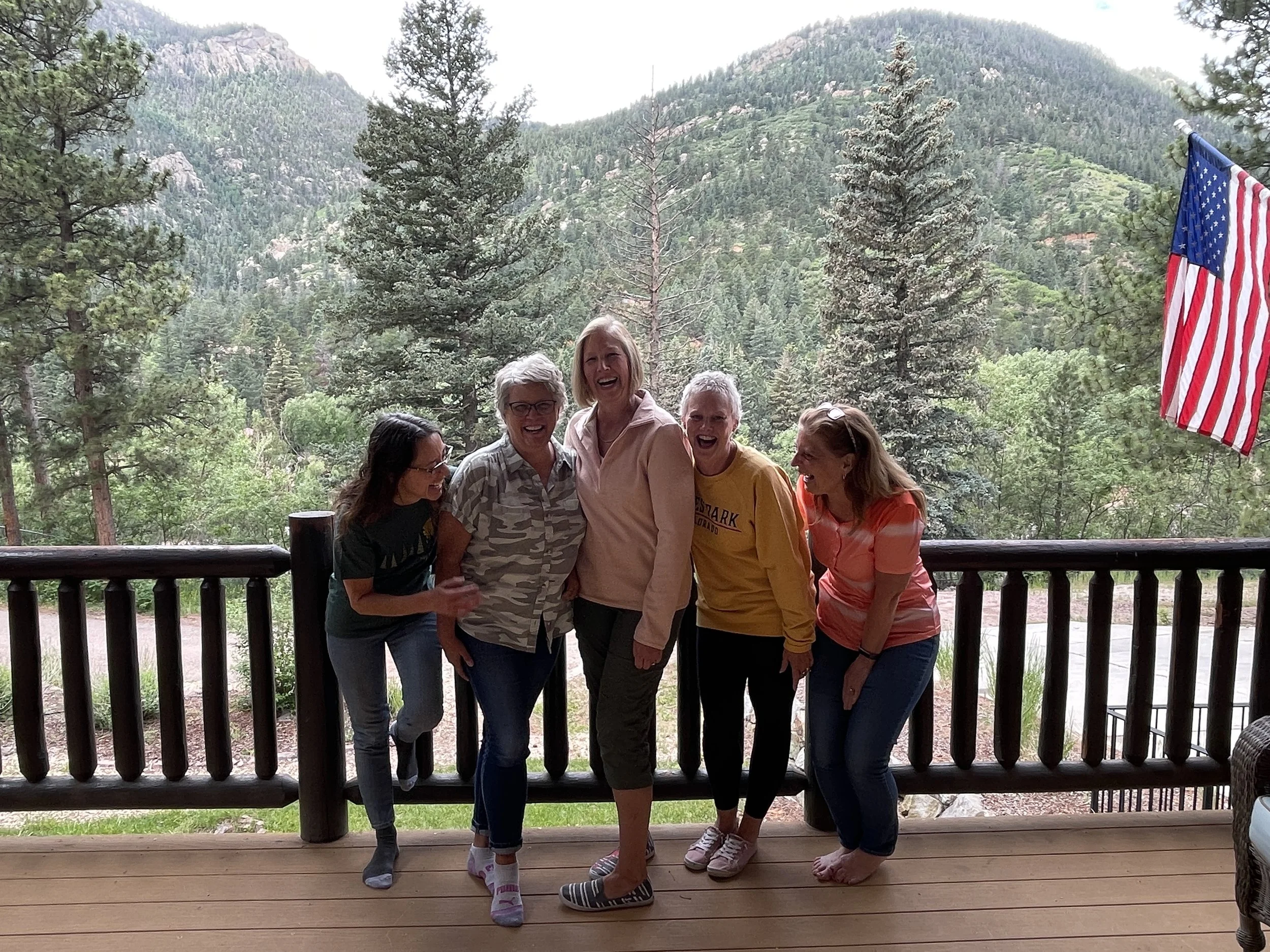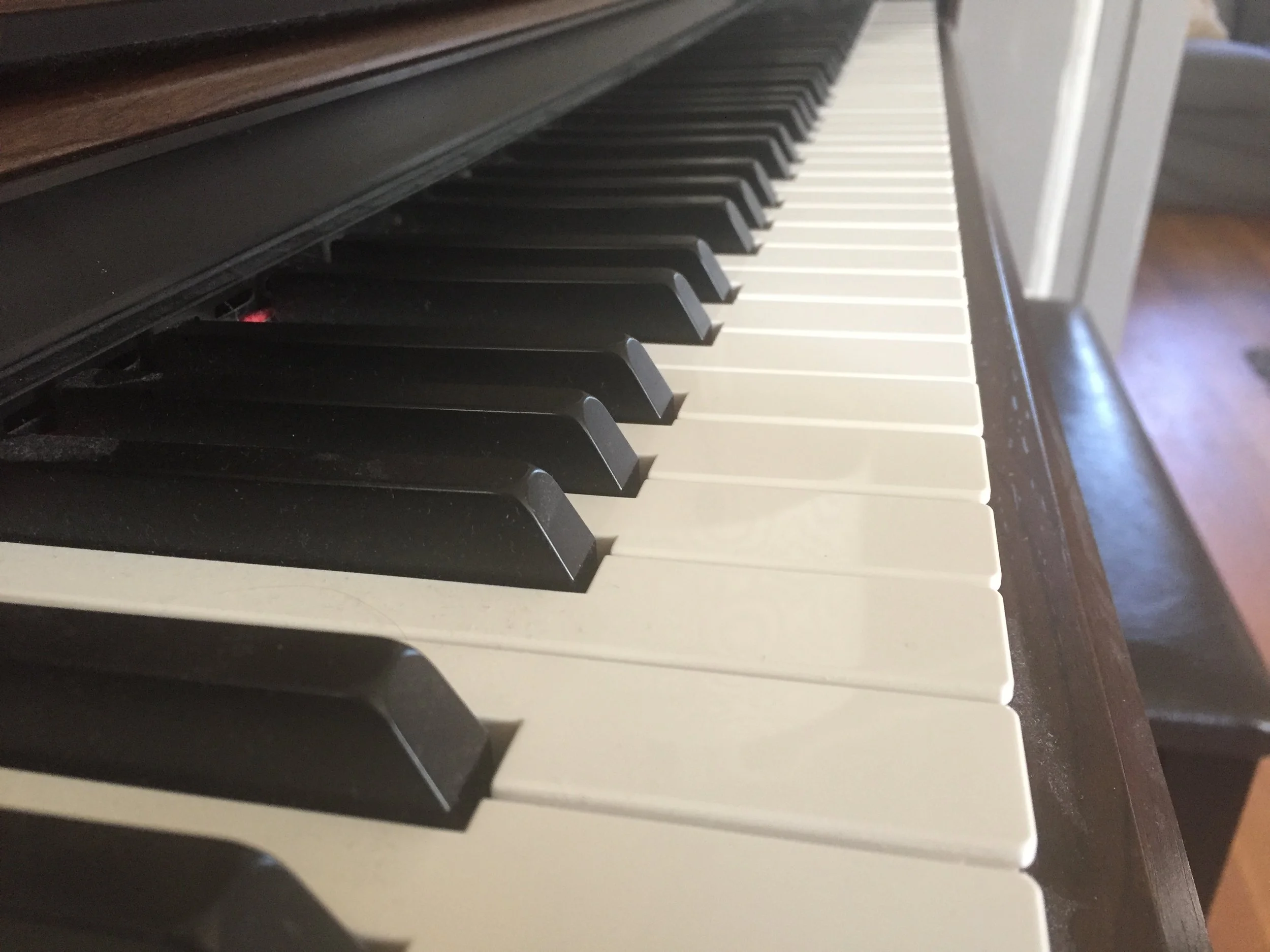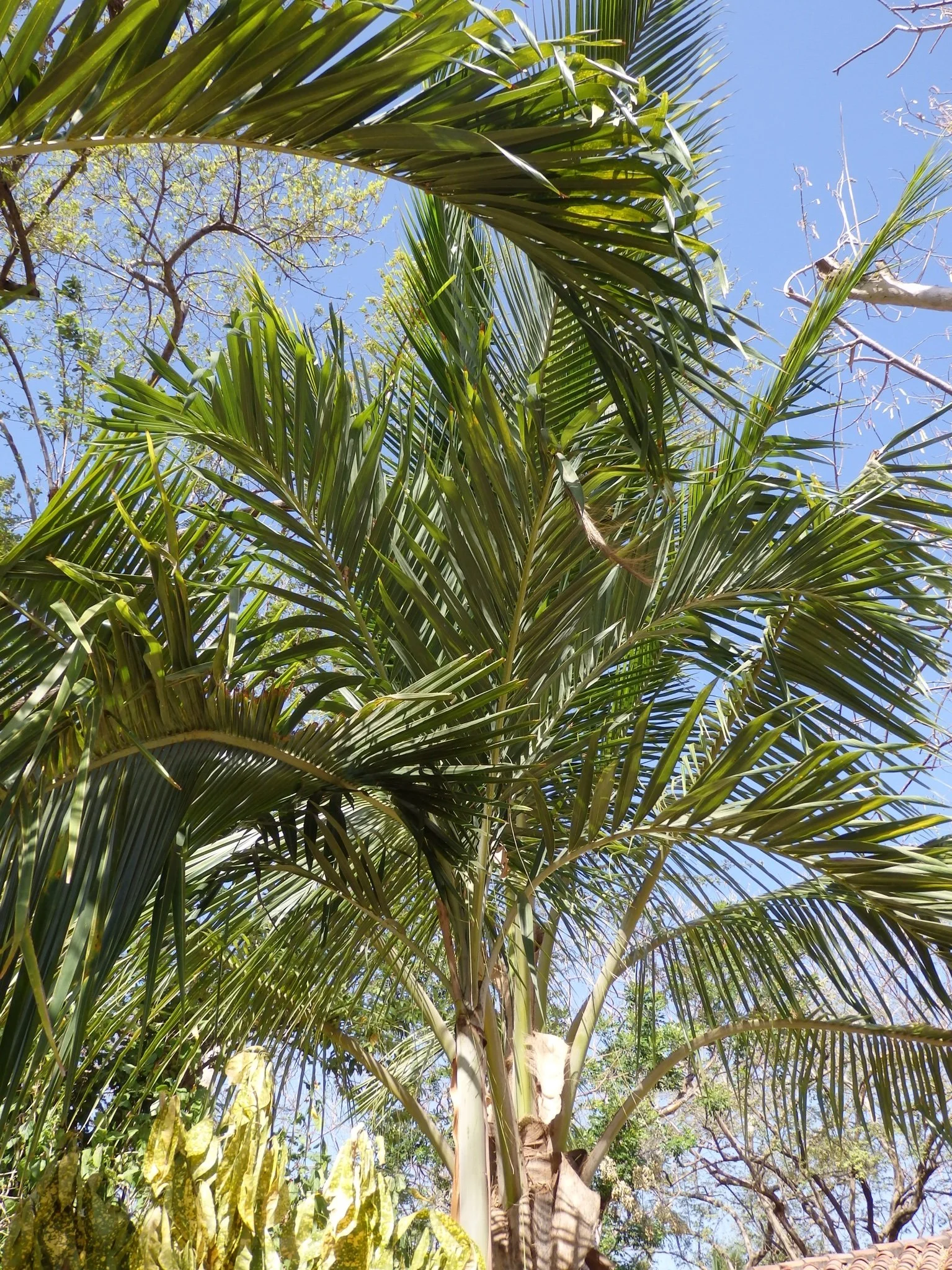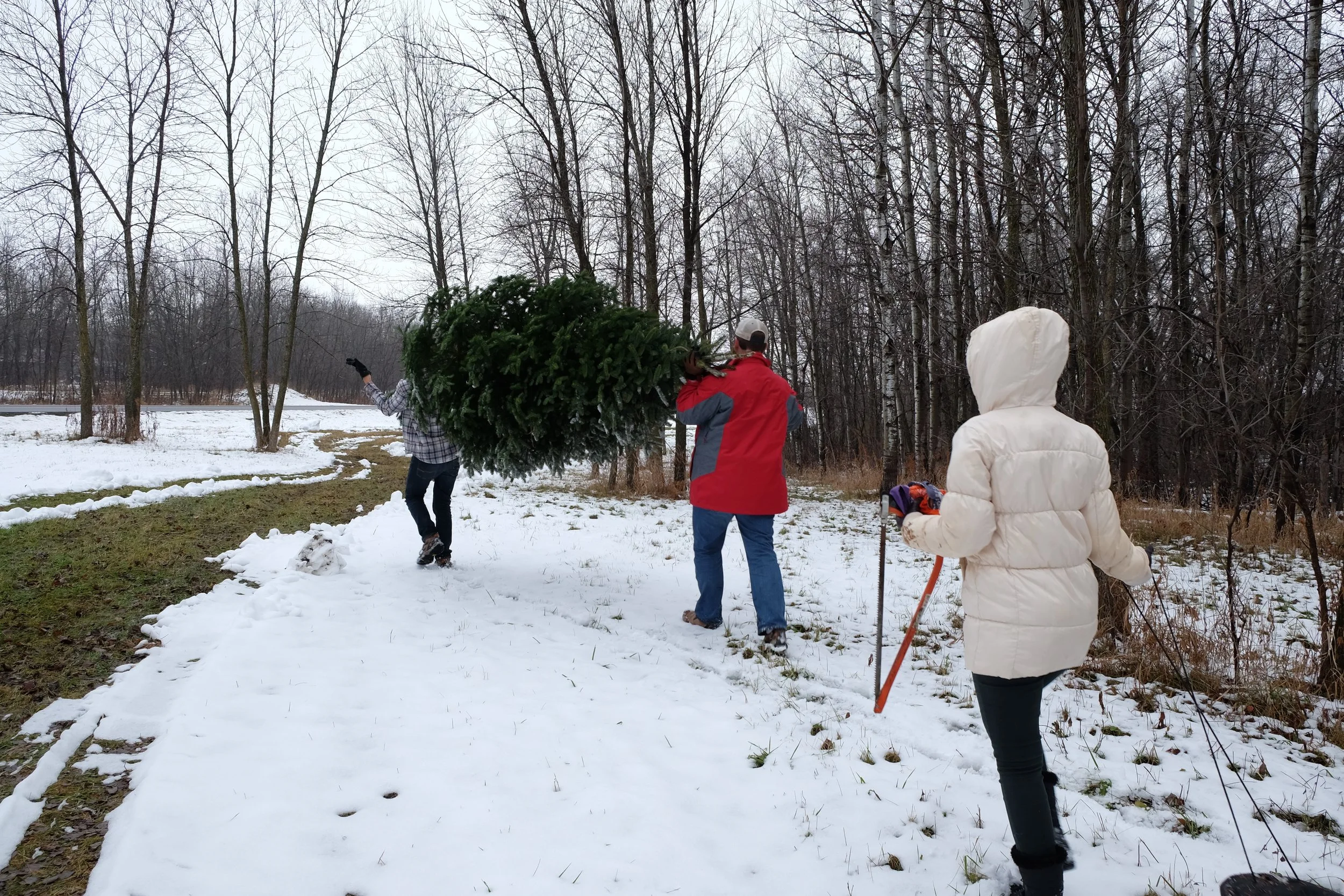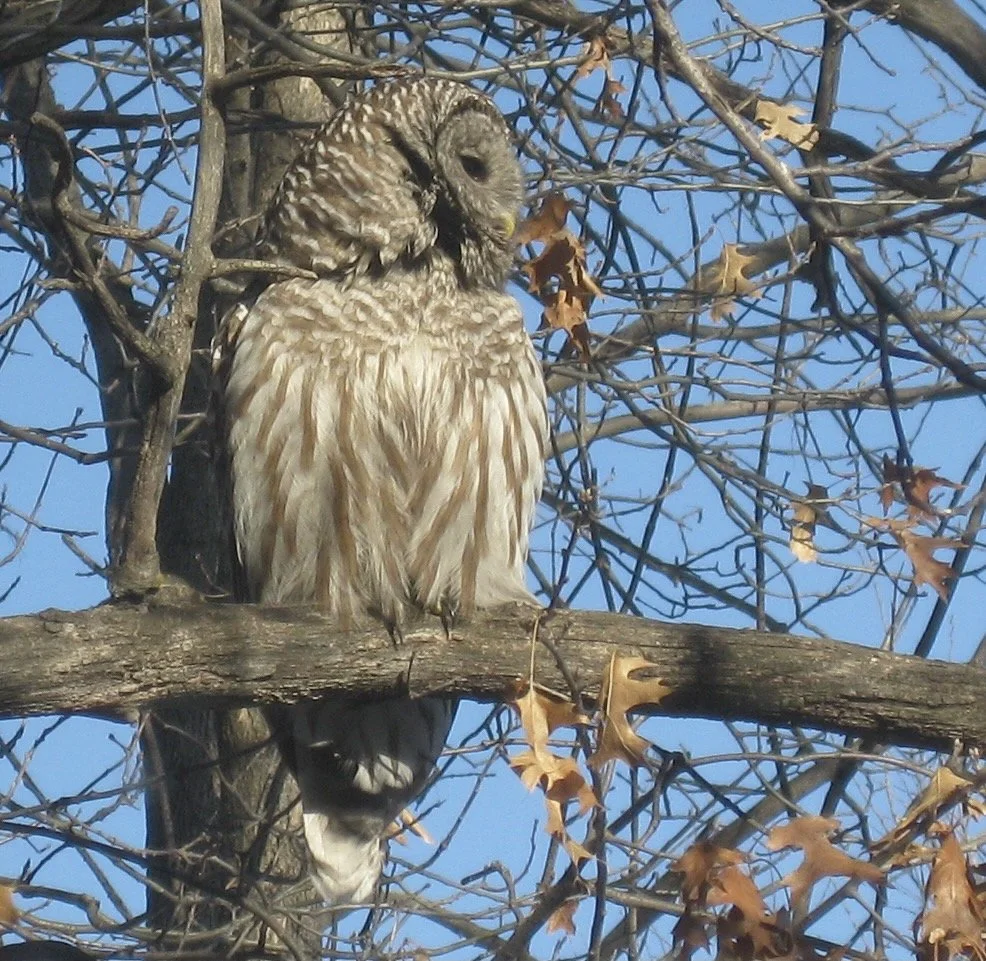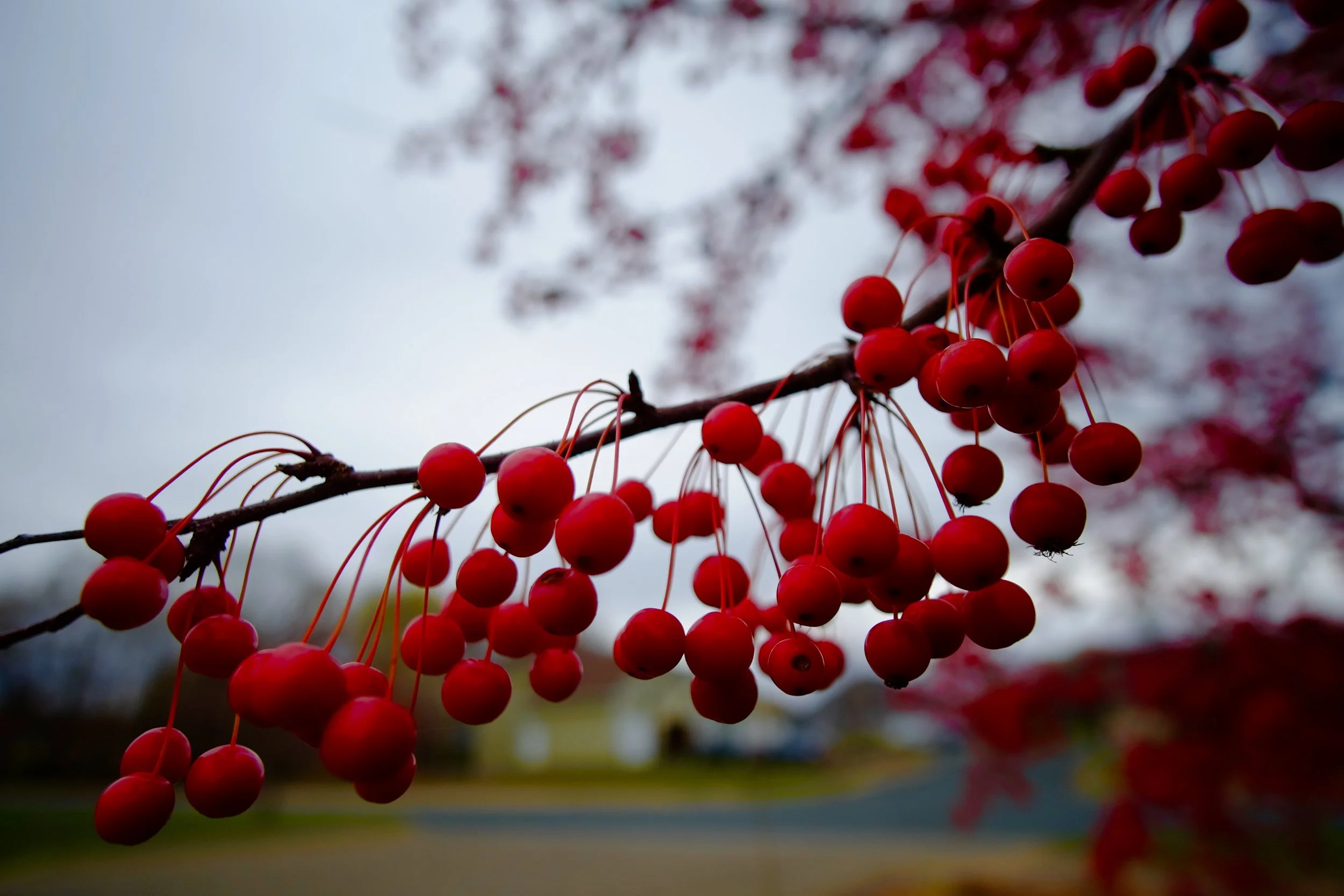The Nature of Joy
A Gift to be Received & A Fruit to be Cultivated
“Repeat the Sounding Joy,” this is our theme for Advent. The coming of Jesus is a season for joy, certainly. Joy for all the world. Joy for each of us.
But what if you don’t feel very joyful? What if there is something hard or painful in your life right now? Do you have to pretend to be joyful? Should you just fake it till you make it? Or push down those sorrows and slap a smile on your face?
What does it look like to welcome joy in your life when you are walking in doubt? Or sitting with an unfulfilled longing? Or standing in the middle of chaos and disruption? Is joy even something to consider?
It is!
How do we experience joy then? The good news is that joy is not something we have to manufacture on our own, nor something we must force into our souls, but rather a gift we receive and a fruit we cultivate.
The nature of joy reflects our own nature as human beings. We are both physical and spiritual beings. We experience life both physically and spiritually. Joy also is experienced physically and spiritually. In the same way that light is both a particle and a wave, and yet is not fully either, joy too, cannot be parsed out into one element alone.
During Advent, we can open ourselves to joy in many ways, and regardless of what else we are feeling and going through, we can still experience joy. As we wait for the arrival of Christmas, these devotionals are going to explore the various ways joy can sound through our lives—Repeat the Sounding Joy—and what part we can play in receiving and cultivating joy.
[I am also co-hosting 4 related podcasts, you can listen here.]
Let’s start by considering a few ways joy shows up in our lives.
First, let’s consider the idea of joy being physical and spiritual in nature.
Some people describe joy as different from happiness, more spiritual, deeper, less connected to material things. Yet joy is not only found in the unseen, spiritual side of life. There is joy in this physical world, as well. Fragrances, tastes, sounds, sights, and tactile sensations can all be gifts of joy.
Laughter. Music. Wind blowing through the trees. The crunch of snow underfoot. The hoot of an owl. The waves coming into shore. So many beautiful sounds we can experience and enjoy. And that’s just one of our senses!
God created us with physical bodies and through our senses we can experience many kinds of joy. Joy is part of life on this earth. Being attentive to the physical sources of joy allows us to receive them as good gifts from God.
Scripture says joy is one of the fruits of the Spirit.
Fruit does not appear overnight. We grow fruit of the Spirit as we align our lives with God’s ways. Choices we make do matter, and they do pile up. Being attentive to the voice of the Holy Spirit allows us to partner with God in cultivating the fruit of joy. This joy, this fruit of the Spirit, is available to us anytime we walk with Jesus.
During Advent, let’s be attentive to joy in our spirits,
and from all our senses.
Second, let’s consider how joy can result
from both big and small sources.
Sometimes we think of joy as being a result of important, dramatic moments—ceremonies, awards, achievements, milestones—and these can indeed be sources and times of joy. However, they are not the only place joy is found. Joy also resides in the everyday moments—routines, rhythms, simple tasks, ordinary steps.
During this season of Advent, let’s be attentive to joy in small spaces, and in significant shifts.
Lastly, let’s consider when we experience joy.
Sometimes we believe joy can only be experienced in perfection, or in the absence of any sorrow, loss, or lack. Yet, joy exists right alongside all our other emotions and experiences. Like a candle shining in the dark, joy will not be eradicated even by great misery.
Yes, this world is broken, fallen, and filled with flawed people. And yet is it still full of beauty and rich with goodness and delights. We experience both deaths and births. We know both destruction and flourishing. Sorrows and celebrations do not take turns and keep to their own tidy corners. They spill over into each other and mingle together. That’s how life works.
And so, even in the hardest seasons, we can still choose to notice and receive joy in everyday places. It won’t make the pain and loss go away. It won’t render the devastation powerless or erase our regrets. But it will shine in the dark and still bring comfort, goodness, and reminders of beauty and love to our hearts. There is more to life than hardship and loss, even when we are caught up in them.
Whether sensory or spiritual in source, whether in small spaces or significant shifts, joy is something we can choose. We can choose to be attentive to joy and we can choose to cultivate joy.
This is a hopeful thought. We have a part to play in our joy. At the same time, it doesn’t all depend on us, in fact, most of what we experience as joy is greatly dependent upon and ultimately from God. We partner with God in receiving and cultivating joy.
As we celebrate Advent and anticipate Christmas, let’s keep in mind the dual nature of joy. The sensory and spiritual elements that both contribute to its nature. The big and small moments in which joy can reside. Let’s choose to be attentive to all the facets of joy.
Even when life is disrupted,
Even in loss and longing,
Even when we don’t see how God could make a way,
We can receive and cultivate joy.
Consider & Comment
What everyday experiences bring you joy?
What aspects of Advent bring you joy?
What gifts from God bring you joy?
What are you attentive to throughout your days?
What would you like to see more of?


